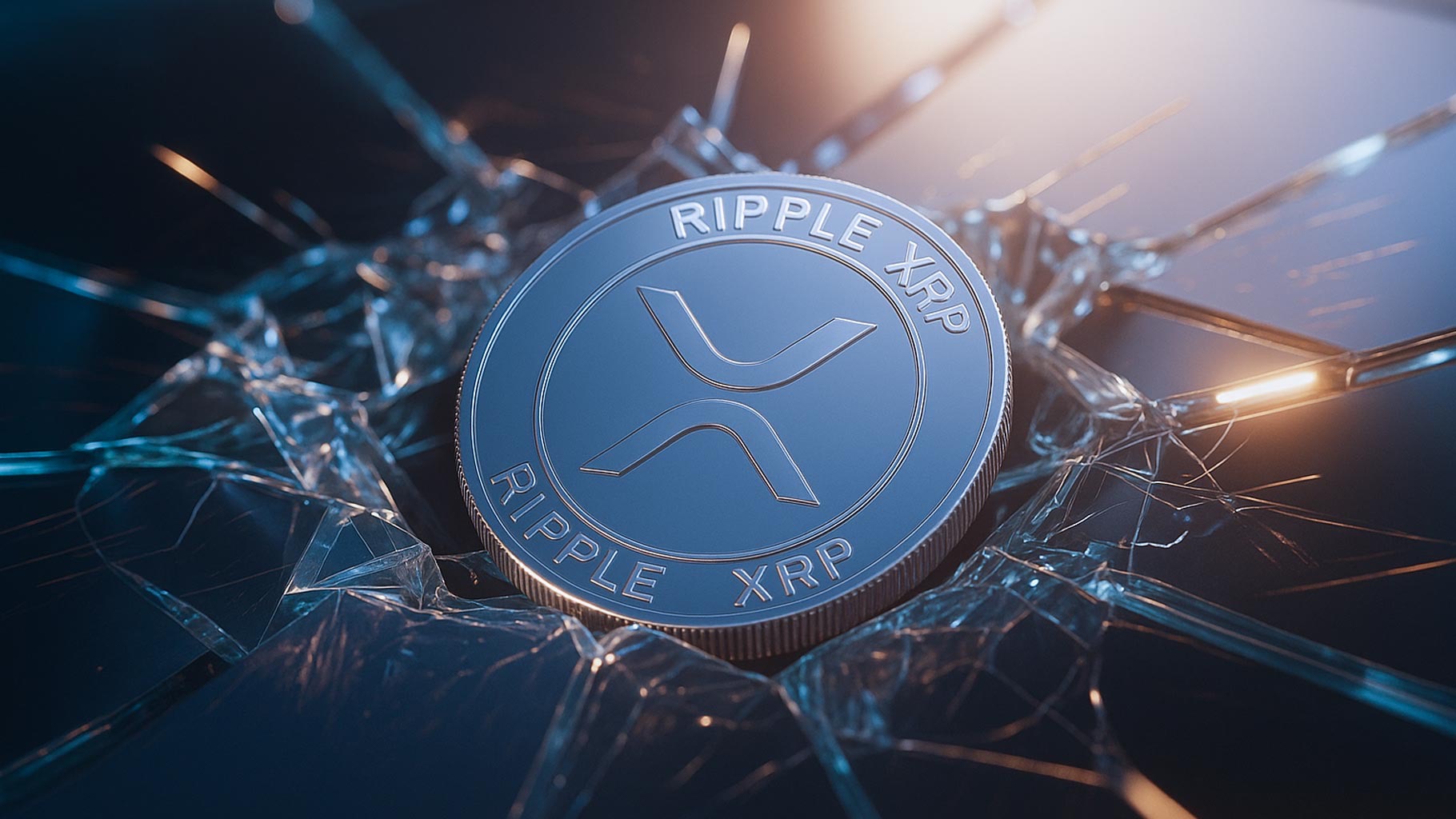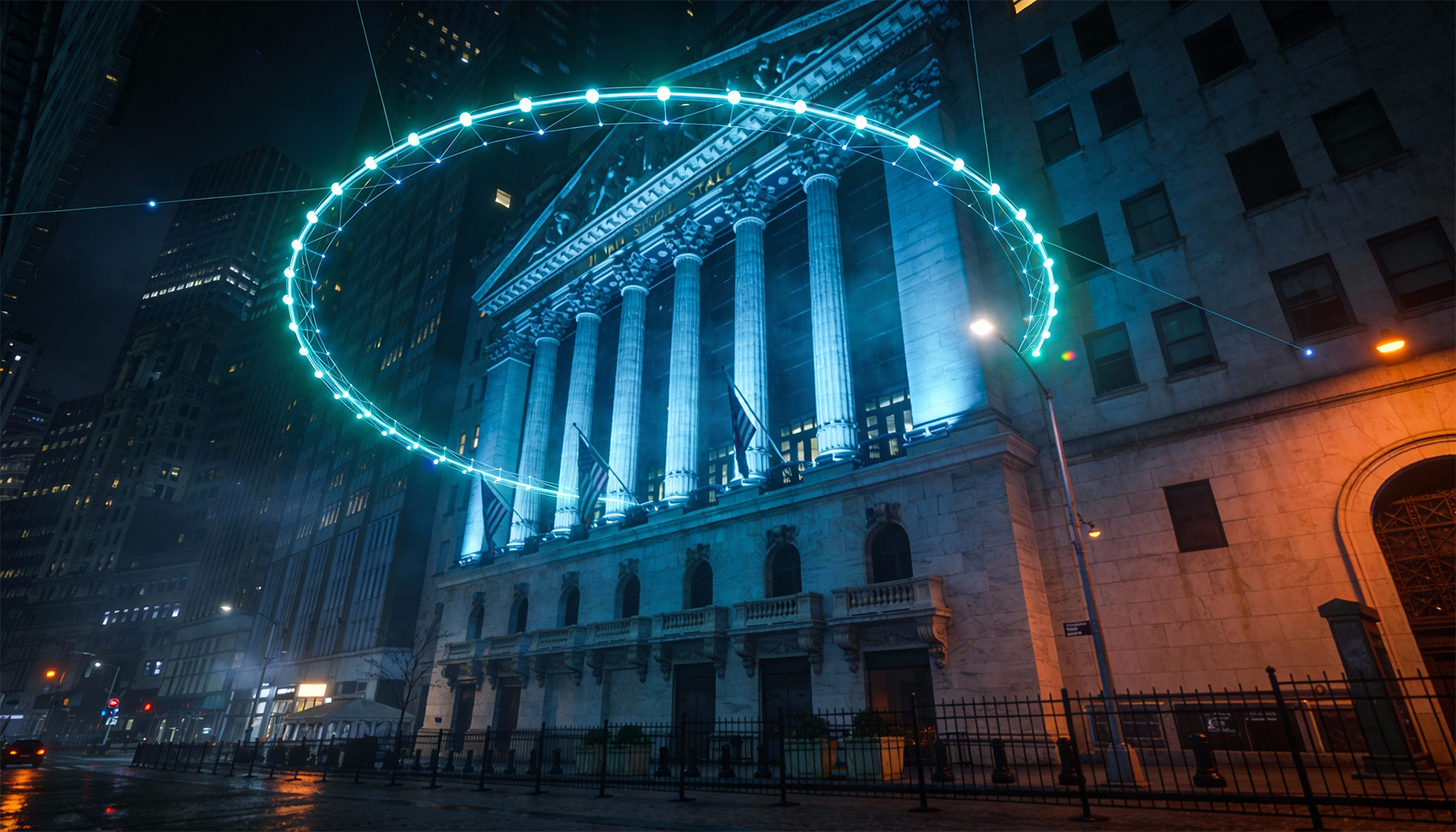Ripple vs. SEC: The Legal Saga Ends—What It Means for Crypto


After nearly five years of litigation, the long-running legal battle between the U.S. Securities and Exchange Commission (SEC) and Ripple Labs has officially concluded.
Case Closed
The dispute began in December 2020, when the SEC sued Ripple and executives Brad Garlinghouse and Christian Larsen, alleging over $1.3 billion in unregistered XRP sales—claiming XRP was a security under the Securities Act of 1933.
In July 2023, Judge Analisa Torres delivered a key ruling: XRP sales on public exchanges did not constitute securities, although institutional sales did, resulting in a $125 million civil penalty. Ripple appealed, and the SEC joined the appeal process, prolonging the litigation.
On August 7, 2025, both parties filed a joint stipulation to dismiss all appeals with the Second Circuit, effectively ending the case.
Why This Matters
- XRP now stands out as one of the few tokens with partial legal validation in the U.S., specifically regarding its status in public markets.
- The cryptocurrency market responded swiftly: XRP’s price rose about 3.2% to $3.08 following the announcement. Analysts expect further gains if the market’s sentiment stays bullish.
- The dismissal of the appeal signals a strategic withdrawal by the SEC—perhaps realizing that continuing would cement precedents limiting its future enforcement scope.
Broader Implications for Crypto
Regulatory Precedent and Clarity
Ripple’s partial legal success may establish precedent, influencing how other tokens are categorized—especially those sold on exchanges—under the Howey test and related frameworks.
Institutional Confidence
Companies that paused partnerships amid regulatory uncertainty may now re-engage with Ripple and XRP. Legal clarity tends to unlock new institutional relationships.
Regulatory Philosophy Shift
Although celebrated by many in crypto, this settlement isn’t universally praised. SEC Commissioner Caroline Crenshaw has criticized the agency’s “regulatory Jenga”—warning that dismantling enforcement actions undermines investor protection and long-term market trust..
Conclusion
The conclusion of the SEC–Ripple case represents more than a legal endpoint—it may mark a regulatory inflection point. With clearer definitions, reduced uncertainty, and renewed institutional pathways, the path ahead for XRP and similarly structured tokens looks brighter.
That said, continued vigilance is essential. Regulatory clarity does not equate to regulatory simplicity. As the lines between enforcement and guidance blur, firms must still navigate policies with both ambition and compliance in hand.
Would you like this format repurposed into a newsletter or executive summary? I can also incorporate how platforms like Deal Box can support legal certainty in tokenized fundraising.















